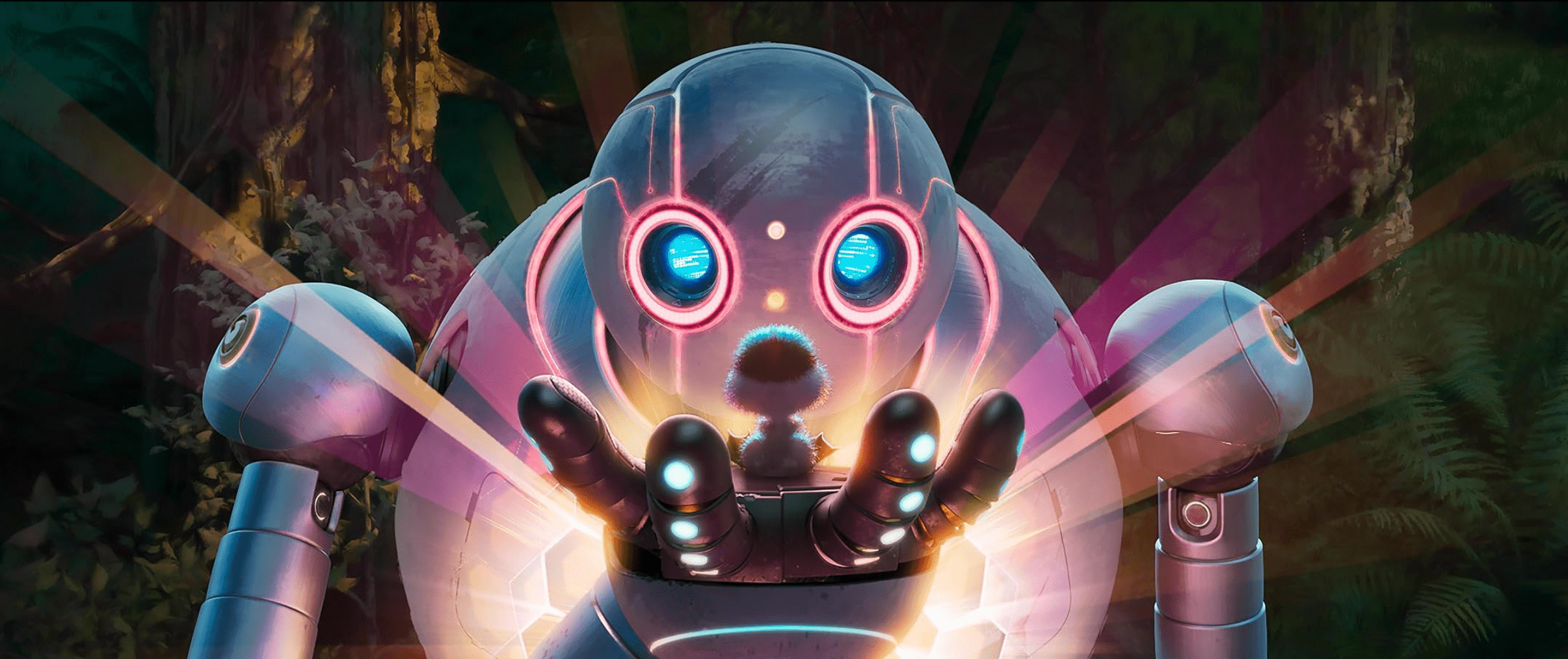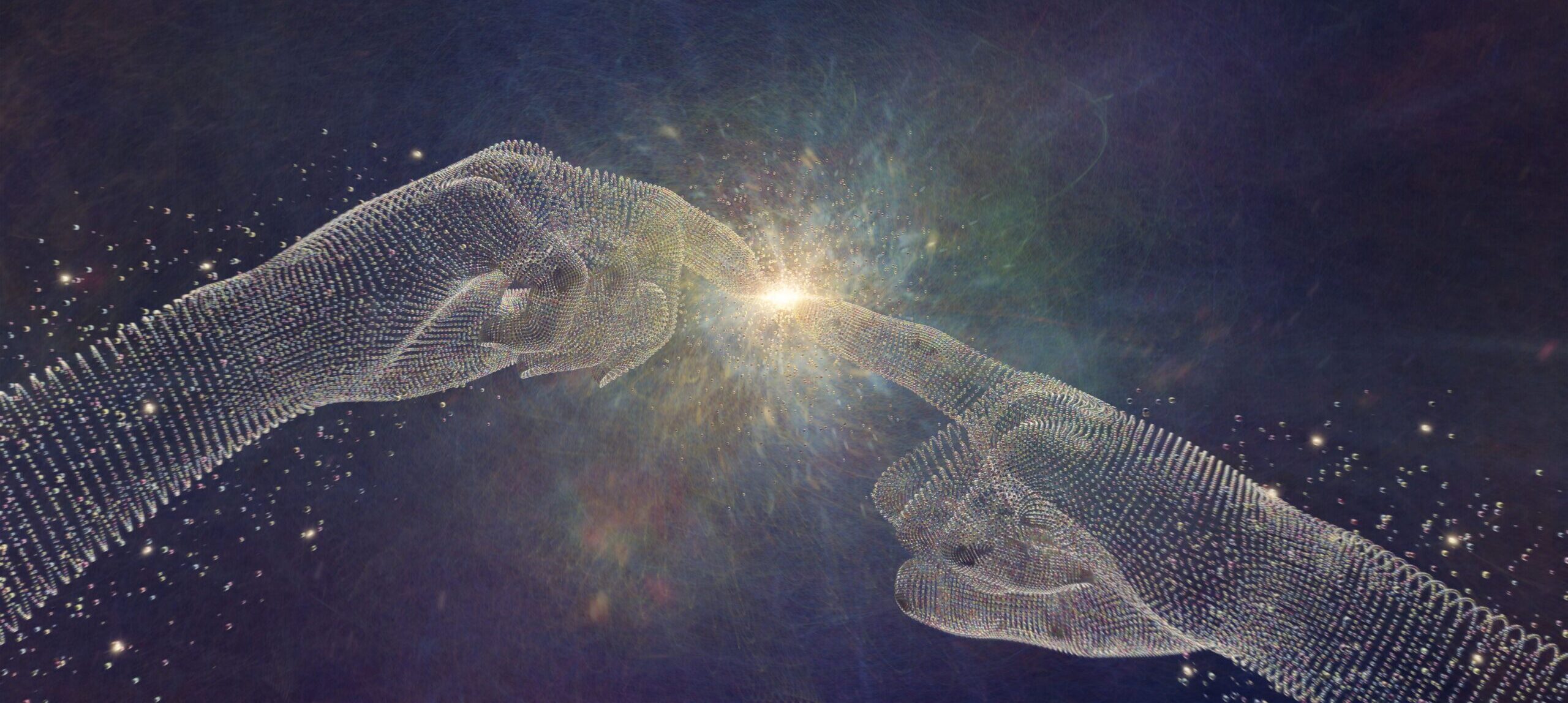The Dumbest Generation Grows Up: From Stupefied Youth to Dangerous Adults
By Mark Bauerlein
(Regnery, 2022)
Despite its off-putting title, this is a very insightful book. The tyranny of their own peers in this networked world far eclipsed the tyranny of adults in the earlier world, and young people taught each other how to be illiberal—how to distrust free speech, privacy rights, independent thinking, market competition, adults, adulthood, and especially each other; and how to become thought police.
I had thought that my own generation (late baby boomers) might be the “dumbest,” but Mark Bauerlein, professor emeritus of English at Emory University, argues forcefully that it is millennials, partly because when we became parents my generation naïvely thought that new technologies such as the internet, cell phones, and social media were benign. Bauerlein’s central argument is that millennials were largely left to raise themselves, becoming independent consumers of culture and ideas rather than being raised to understand the accumulated wisdom of the ages.
Inside the classroom, their teachers stopped passing on timeless moral lessons and insights from Socrates, Sophocles, Dante, Aquinas, Shakespeare, Locke, Smith, the Founding Fathers, and the like, and the historical lessons that built modern civilization. Outside the classroom, book time went down, and screen time went up.
The tyranny of their own peers in this networked world far eclipsed the tyranny of adults in the earlier world, and young people taught each other how to be illiberal—how to distrust free speech, privacy rights, independent thinking, market competition, adults, adulthood, and especially each other; and how to become thought police.
Like everyone else, millennials crave a perfect world. But when they were growing up there was no one around to explain that utopia is impossible in this life. They convinced themselves that everyone deserves to be happy, without an explanation of how or why this could be true. This belief tilted millennials toward a new kind of “socialism” that includes the childish desire to live at others’ expense and never to grow up, with someone always there to protect you from ideas that you don’t like, bail you out, and kiss your boo-boos. Adults with this worldview are dangerous—because adults have to take care of not just themselves but also their own children.
The digital age, as Bauerlein sees it, was more reactionary than revolutionary. It cut people off from the greatness of their heritage and replaced it with nothing:
The Digital Age gave [millennials] endless diversion and one another, but that wasn’t enough. It didn’t give them transcendence. Or a grasp of the tragic, either, such as you might learn from the story of the rich young man who couldn’t give his goods away and follow Jesus. Nor did they experience . . . exalted romance . . . They knew nothing of the “passion for the past” that Tennyson said he had felt for as long as he could remember . . . They had no awareness of long shadows of devastation, such as might be acquired from reading the letters of men who fought at Shiloh or Antietam . . . no understanding of the world-changing adventures of Cortez and the conquistadors or Nelson at Trafalgar; no appreciation for high oratory from Pericles to Booker T. Washington . . . no appetite for sublime crescendos like the scène d’amour in Berlioz’s Roméo; no sense for piercing conversions or sweeping teleologies or founding myths—just a hectic round of gossip, games, messages, photos . . .
Bauerlien argues that the only solution to this cultural problem is to go back to the way we did things in previous generations. First and foremost, reduce screen time—your own and your kids’—and return to the traditional humanities: read great literature. The humanities are meant to be enjoyed, of course, but Bauerlein (unsurprisingly) points out that many humanities departments today make reading history and literature a tedious task of indoctrination and “critical” thinking. He makes a much more fundamental point, however: the purpose of the humanities has always been to make people more human and more humane. Reading good works of literature (or history or biography) can train us in “cognitive empathy.”
Cognitive empathy isn’t sympathy. Rather, it “proceeds with sympathetic persons and antipathetic persons alike, imagining the inner lives of people you despise or fear, not just love and admire. It is an unnatural achievement, a habit that must be learned and sharpened and exercised. Children don’t have the equipment to do it. . . . Literary reading is the training for this cognitive empathy.”
How can a millennial or anyone else draw on the lessons of history and understand the true horrors of war, for example? As Bauerlein explains, a college freshman “has no direct knowledge of the trenches in World War I, but watching Paul and the others in All Quiet on the Western Front visit a dying comrade and figure how to tell him that he won’t need his nice boots anymore . . . would put [him or] her into a frame of mind closer to them.”
Reading this passage struck me. As a freshman, I was assigned All Quiet on the Western Front in a history class. The book was listed as required at the college bookstore, so I bought a copy. My professor, however, never asked us to read it. Near the end of the course, we asked the teaching assistant whether there would be something about it on the final exam and learned that we didn’t need to read it, so none of us did.
My sense is that the professor once required the book, a few years earlier—during the Vietnam War. Perhaps this was his way to connect and empathize with the students during the war. (The social “distance” between professors and students was much greater then.) If he had assigned the book, I would have read it. But he didn’t, so I didn’t. What did I miss because of this?
Following Bauerlein’s advice, I checked out a copy of the book from my university’s library—a musty old copy printed in 1949—and read it during the very week that Russian soldiers invaded Ukraine. The book has its critics but ultimately condemns war more forcefully than almost any other. The reader enters the life and mind of the protagonist, Paul Bäumer, and sees him struggle to keep his humanity. When he stabs and kills a French soldier in a shell hole, he is deeply disturbed and mourns: “Forgive me, comrade. . . . Why do they never tell us that you are poor devils like us, that your mothers are just as anxious as ours, and that we have the same fear of death, and the same dying and the same agony.”
But ultimately Bäumer becomes hardened, jaded, petty, confused, and hopeless. A comrade says, “Two years of shells and bombs—a man won’t peel that off as easy as a sock.” Bäumer thinks: “We agree that it’s the same for everyone. . . . It is the common fate of our generation.” Another comrade expresses it: “The war has ruined us for everything.” Bäumer thinks: “He is right.”
No! They are wrong about this. The war need not ruin them. But, like today’s Millennials, there is no one they trust to explain how and why. To me the saddest moment in the book is not any of the gruesome deaths, the gas, the bombs, the bullets, and the amputations—it is the scene when Paul goes to tell a comrade’s mother about her son’s death. Lying to her, Paul says “rather impatiently: ‘He died immediately. He felt absolutely nothing at all. His face was quite calm.’ She is silent. Then she says slowly: ‘Will you swear it?’ ‘Yes.’ ‘By everything that is sacred to you?’ Good God, what is there that is sacred to me? . . . ‘Are you willing never to come back yourself, if it isn’t true?’ ‘May I never come back if he wasn’t killed instantaneously,’” replies Paul, sealing his own fate.
If anything, Bauerlein has undersold what is to be gained by reading good literature. Ironically, a key part of Remarque’s story is about how young men were misled by their mentors into celebrating the glory of war. Today’s mentors mislead in far more insidious ways.
Taking his advice, in the last year I have read three or four works of literature every month—C. S. Lewis, François Mauriac, Flannery O’Connor, Fyodor Dostoevsky, Willa Cather, T. S. Eliot, Joseph Conrad, Walker Percy, and others. A few were disappointments. Only a few.
When I sat down to write this review, I googled my old University of Maryland history professor, James F. Harris. I owe him a lot, as he also supervised my senior thesis. I was stunned to discover that he died just a few days after I checked out All Quiet on the Western Front from the library. Perhaps I have partly repaid the debt by finally reading the book he assigned. May he rest in peace.
Robert Whaples is professor of economics at Wake Forest University and co-editor of The Independent Review.














